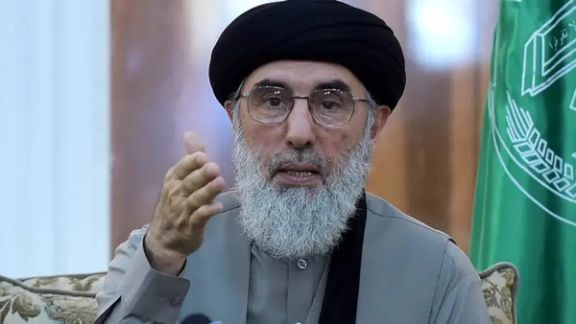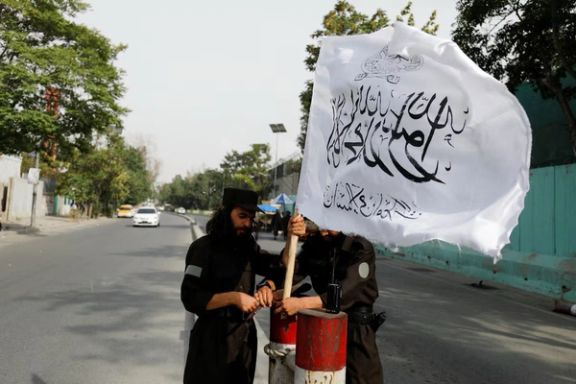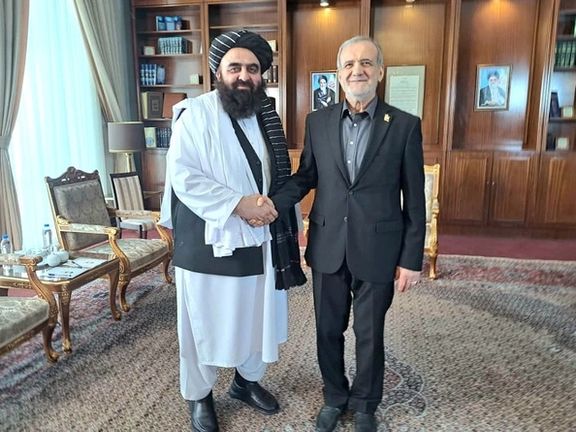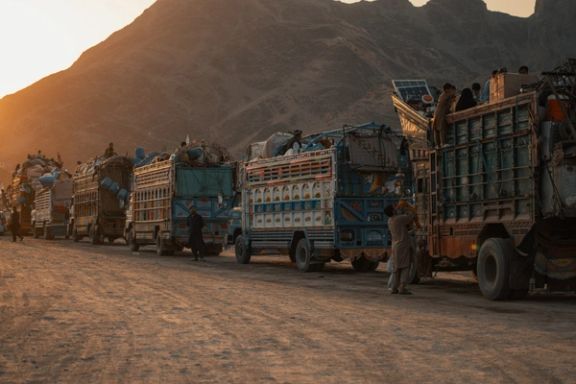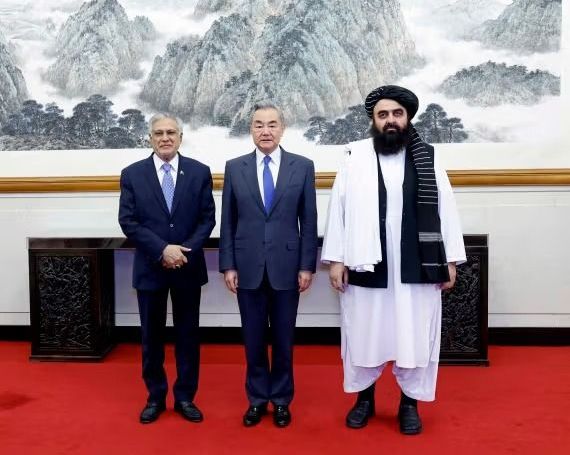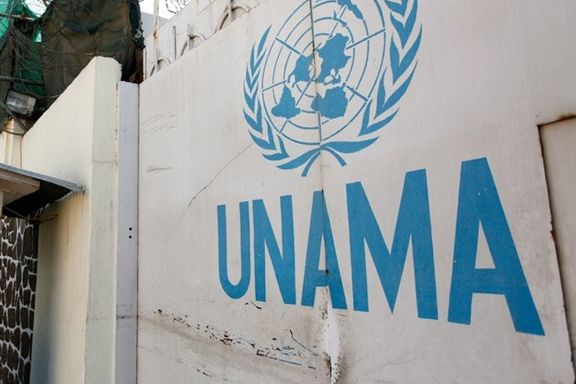He asserted that regional powers have begun to accept the Taliban as the de facto rulers of Afghanistan, engaging with them as a matter of pragmatism. “The regional countries know this fact and, as such, they engage with the Islamic Emirate at various levels, which is a pragmatic and rational approach in my view,” he said.
Despite no country having officially recognised the Taliban government, Al Jazeera reported that India, Pakistan, and Iran are actively seeking to engage with the group.
Taliban Foreign Minister Amir Khan Muttaqi has recently held meetings with high-ranking officials from all three nations. He hosted Pakistan’s foreign minister in Kabul, conducted a phone call with India’s foreign minister, and travelled to Tehran and Beijing, where he participated in trilateral discussions involving Pakistan and China.
These diplomatic overtures signal growing regional engagement, despite the Taliban’s historically strained ties with all three countries.
India, once highly critical of the Taliban during the 1990s, has cautiously rebuilt its relationship since the collapse of the previous Afghan government. The Indian embassy in Kabul has resumed operations, and several high-level meetings have taken place.
Shaheen stressed that dialogue remains essential for addressing regional challenges and reiterated the Taliban’s position that international recognition should not be delayed further.
Meanwhile, Pakistan once a key Taliban backer is increasingly concerned about the Tehreek-e-Taliban Pakistan (TTP), which Islamabad claims is operating from Afghan soil. The Taliban deny these accusations. The situation has been further complicated by Pakistan’s mass deportation of Afghan migrants, which has heightened tensions between the two neighbours.
Iran, too, has shifted its posture, now pursuing security and economic cooperation with the Taliban. Tehran is particularly alarmed by the threat of Islamic State Khorasan Province (ISIS-K), which claimed responsibility for a deadly attack in Kerman in January 2024. Iran is also seeking progress on the long-standing Helmand River water dispute and the status of Afghan refugees within its borders.
According to Al Jazeera, citing regional analysts, the recent diplomatic interactions between the Taliban and Pakistan appear to be tactical in nature rather than indicative of a long-term strategic shift.
Rabia Akhtar, Director at the Centre for Security, Strategy and Policy Research at the University of Lahore, told Al Jazeera that Pakistan’s primary concern is potential collaboration between the Taliban and India, prompting Islamabad to maintain a careful approach to its western frontier.
Though still lacking formal international recognition, the Taliban has, by most measures, established itself as a significant player in the regional geopolitical landscape.
